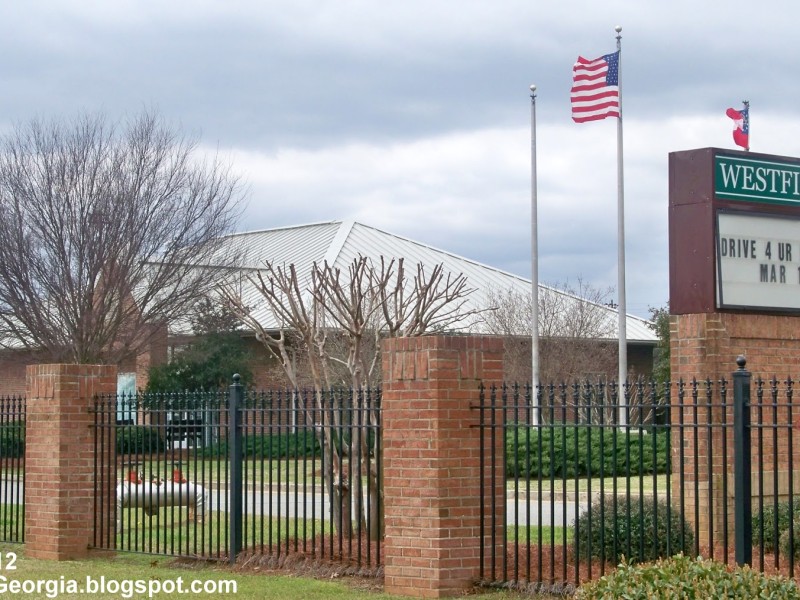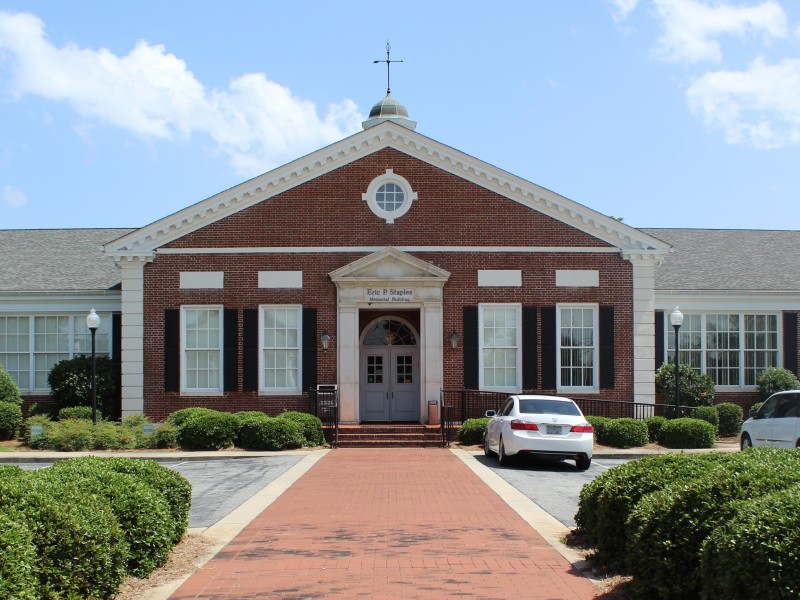Bonaire Elementary plus economics win stock market game
The stock market is up, the stock market is down. Stock markets are often a closely watched gauge of the state of our economy.
Understanding how the stock market works can be an instructional experience on how supply and demand, scarcity, risk, and other economic concepts directly and indirectly affect the daily lives of millions of people.
Some of those people are still in school, but they’re not waiting to see where the stock market goes. They’re learning economics now. Who are they? They’re Parker Byrd, Solomon Mitchell, Thalia Pacheco, and Taryn Trigler from Bonaire Elementary School. Advised by their teacher Brenda Mueller, they took a hypothetical investment of $100,000 and in ten weeks turned it into $105,839. That’s why they’re the winners of the Stock Market Game for the Houston County Schools.
Economics in motion in the Stock Market Game, students can examine a company that develops a new product, pleasing investors and making the company’s stock price rise.
The same company might later fail to diversify and fall prey to weakening demand for its biggest-selling product. Students can see the different roles they could play in different situations: employer, employee, consumer, or investor.
Beginning with a hypothetical $100,000 portfolio, teams of up to five students use math, language arts, computer, and other skills they’ve learned in other classes to research publicly-traded companies. Using the Internet, reading business news, and crunching numbers, students try to find businesses and industries that are likely to do well in the current economy.
More than 35,000 students in public and independent schools participate in the Stock Market Game in Georgia each year in fall and spring competitions.
Students decide on which stocks the team should buy and when. After 10 weeks, the team with the highest portfolio value wins. In addition to one statewide winner and runner up, one winning team is selected from each public school district, or geographic region in the case of independent schools.
With all the elements of a wide-open, free-market economy in one place, stock markets are an instructive metaphor for our economy. To extract the lessons they can offer on how economic concepts work, GCEE requires all teachers using the program in their classrooms to attend a one-day workshop on the Stock Market Game.
Teachers gain valuable lessons on economic concepts found in the program. While teachers are at workshops, GCEE, with a grant from Primerica, helps school systems by covering the cost of substitute teachers, lesson materials, and meals.
Economics is an important subject in Georgia, one of 22 states that mandate a high school economics course. The economics portion of the End of Course Test counts as 20 percent of a student’s final grade.
There are also economics and personal finance standards in every grade level in Georgia’s elementary and middle schools.
HHJ News
Before you go...
Thanks for reading The Houston Home Journal — we hope this article added to your day.
For over 150 years, Houston Home Journal has been the newspaper of record for Perry, Warner Robins and Centerville. We're excited to expand our online news coverage, while maintaining our twice-weekly print newspaper.
If you like what you see, please consider becoming a member of The Houston Home Journal. We're all in this together, working for a better Warner Robins, Perry and Centerville, and we appreciate and need your support.
Please join the readers like you who help make community journalism possible by joining The Houston Home Journal. Thank you.
- Brieanna Smith, Houston Home Journal managing editor



